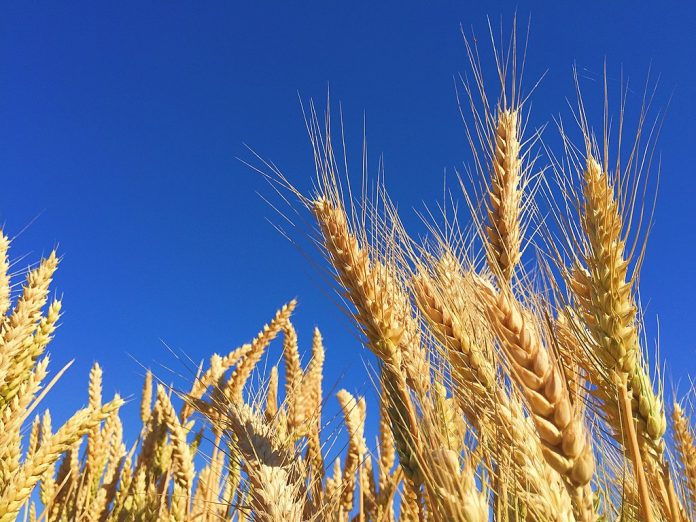The European Union has lifted the Ukrainian grain ban despite complaints from some members, including Poland, Slovakia, Hungary, and Romania, that the influx of agricultural products from Ukraine has negatively affected their farmers.
Ukraine is a major global wheat, barley, corn, and vegetable oil supplier. As parts of the world face a food crisis, the EU allowed Ukrainian food to pass through five European countries.
However, in July, Russia withdrew from a U.N.-brokered deal that had previously allowed Ukraine to ship grain via the Black Sea safely. As a result, routes through neighbouring countries have become the primary means of transportation. Unfortunately, recent attacks on Ukraine’s Danube River ports have raised concerns about this route’s safety, which has carried millions of tons of Ukrainian grain to Romania’s Black Sea ports each month.
Europe’s road and rail routes have become increasingly important, but their use has drawbacks for Ukraine’s agriculture-dependent industry, including higher transportation costs and lower capacity.
Earlier this year, some countries decided to ban Ukrainian wheat, corn, rapeseed, and sunflower seeds from entering their markets. However, the EU made a deal that allowed these products to still pass through their borders for export elsewhere. In addition, the EU gave an extra 100 million euros in special aid to help farmers in the affected countries.
The European Commission stated that the “market distortions” caused by Ukrainian grain are no longer present. Ukraine has agreed to implement measures to control the export of these products to neighboring EU countries. Within 30 days, Ukraine will also propose an export licensing system to prevent grain surges, as the EU requests.
Nevertheless, Poland, Slovakia, and Hungary will implement restrictions on Ukrainian food.
On September 12, the Polish Council of Ministers extended the embargo on Ukrainian grain imports.
“We support the Polish countryside!” posted on Twitter the Chancellery of Prime Minister Mateusz Morawiecki.
During a pre-election party meeting, Morawiecki said that his government will extend the ban on Ukrainian grain, even if the European Commission disagrees.
The governing right-wing populist Law and Justice (PiS) party seeks to attract farmers’ votes ahead of the October 15 parliamentary elections.
Hungary has announced that it will continue to prohibit the import of grains from Ukraine and unilaterally restrict the import of 24 other agricultural products from Ukraine from midnight on Friday. These products include rapeseed, sunflower seeds, flour, vegetable oil, honey, certain meats, and eggs. According to Hungarian Minister of Agriculture Istvan Nagy, this decision aims to protect local farmers’ interests. Meanwhile, Slovakia has also declared its intention to extend the ban on grain imports from Ukraine until the end of the year, as per a statement by Prime Minister Ludovit Odor.
The Bulgarian government took a different approach regarding banning Ukrainian food products. Finance Minister Asen Vassilev stated that the ban resulted in a loss of tax revenue and increased food prices. As a solution, Bulgarian lawmakers approved the resumption of imports of Ukrainian food products on Thursday.

